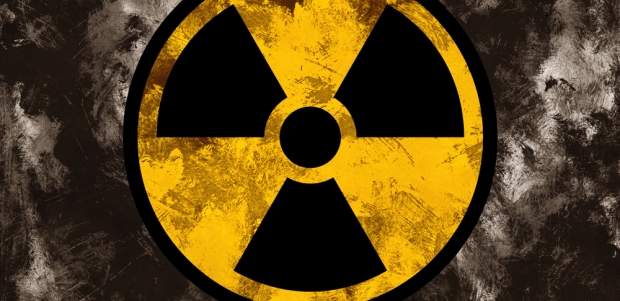
HHS Pursuing Tests for Radiation Absorbed in Nuclear Emergencies
ASPR's Biomedical Advanced Research and Development Authority will use authority granted under the Project BioShield Act of 2004 to support the tests' late-stage development and potentially purchase tests from one or more of the companies for the Strategic National Stockpile.
The U.S. Department of Health and Human Services announced its Office of the Assistant Secretary for Preparedness and Response will sponsor late-stage development of two biodosimetry tests that can determine how much radiation a person's body has absorbed -- crucial information for saving people who would need medical care for injuries or illness caused by high doses of radiation, after a large-scale nuclear or radiological emergency. Such a scenario envisions large numbers of casualties needing medical assistance.
Doctors would need information about how much radiation each survivor has absorbed to determine the type of treatment that person should receive to combat any radiation injuries to internal organs and blood cells. While devices are available to detect radiation externally, such as on skin, there are no biodosimetry tests approved to measure the amount of radiation absorbed into the body, HHS reported.
ASPR's Biomedical Advanced Research and Development Authority will use authority granted under the Project BioShield Act of 2004 to support the tests' late-stage development and potentially purchase tests from one or more of the companies for the Strategic National Stockpile. BARDA will provide more than $22.4 million over two years to DxTerity Diagnostics and more than $21.3 million over four years to MRIGlobal of Kansas City, Mo.
The agreements support clinical studies required for the companies to apply for U.S. Food and Drug Administration approval of the biodosimetry tests. Both tests are being designed for use in clinical health care labs; they analyze blood samples to measure how genes respond to different amounts of radiation and are expected to generate results in about eight hours and can be used up to seven days after exposure. Both are high-throughput tests potentially able to process 400,000 or more tests per week.
For more information on national public health and medical preparedness, visit www.phe.gov. For more about partnering with BARDA in developing medical products needed for public health emergencies, visit www.medicalcountermeasures.gov.